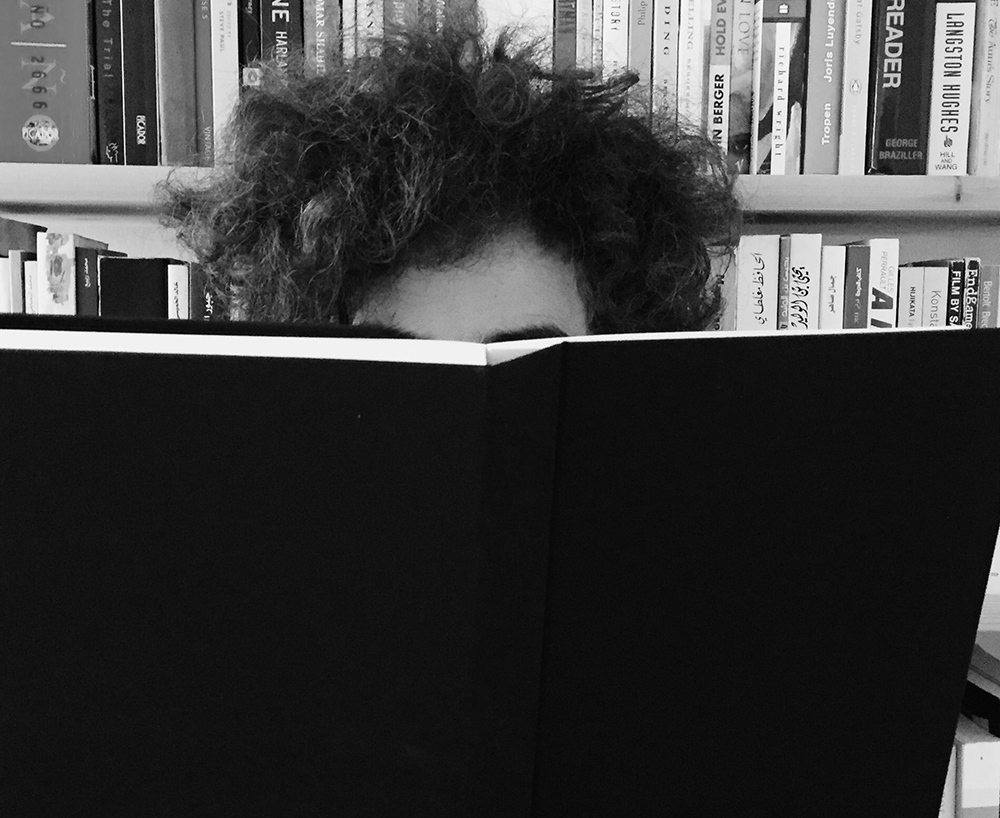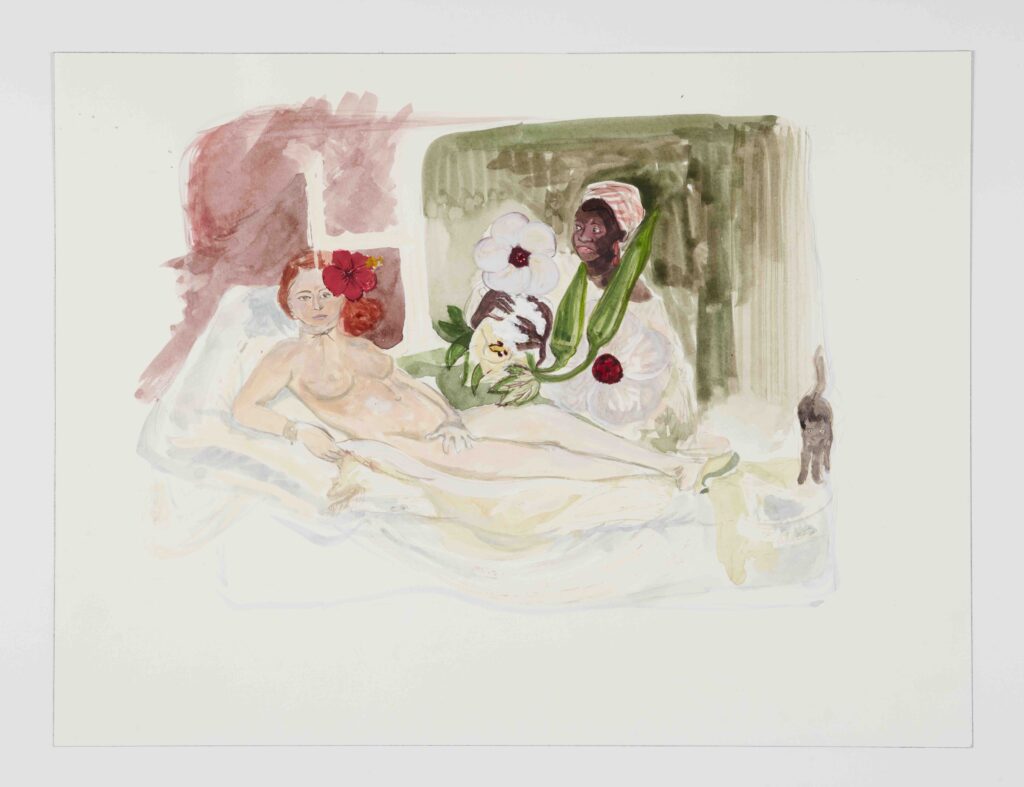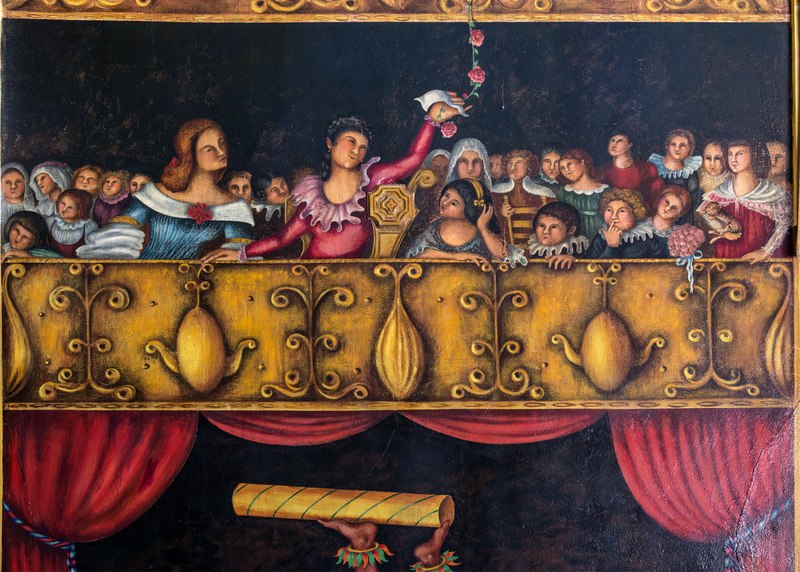Adania Shibli. Photograph courtesy of Adania Shibli.
Smoking might be banned at book fairs, while one doesn’t expect books to be banned from book fairs. Even if a character in one of the books exhibited at a fair is smoking, this wouldn’t lead to a ban on characters smoking in books, or to a ban on that specific book. The simple, obvious reason is: literature does not equal reality. Fiction, especially, has its own way of working and should be examined on its own criteria. Smoking in real life has negative impacts on one’s health and the health of others, and banning it can prevent people from becoming ill. Smoking in a book can be evaluated only in terms of its relevance to a character and their actions in a text.
In 1988, when smoking was still allowed in many indoor places, probably including book fairs, I learned from my schoolteacher about the creation of the first public library in my village in Palestine/Israel. Upon hearing the news, I rushed to the little room where this library was being assembled, offering the librarian my help in labeling the books and arranging them on the shelves. I had a love for books, which I wanted to share with others.
That same year, 1988, The Satanic Verses by Salman Rushdie was published. Working side by side, the librarian and I discussed its publication and its themes, which had led some, including many people we knew, to condemn the book. We both agreed that no one should judge a book before they had read it, and we decided that we should obtain a copy for the library. After reading it, the librarian, who was in his twenties, found it interesting. I, a fourteen-year-old with a taste for early-twentieth-century literature, found it uninteresting. But we both seemed to judge the book on its literary merits, not on the standards of the reality we were living in or by any one system of spiritual or ideological beliefs.
Copyright
© The Paris Review



















